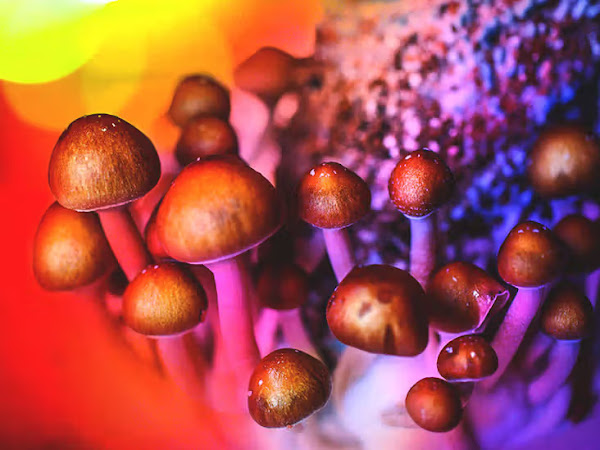Unveiling the Potential: Legalizing Medicinal Use of Psychedelics
For decades, psychedelics, substances known for their mind-altering effects, have been shrouded in stigma and relegated to the shadows. However, recent years have witnessed a remarkable resurgence of interest in their therapeutic potential. Scientific research is increasingly exploring their efficacy in treating a range of mental health conditions, challenging long-held assumptions and sparking important conversations about the future of mental healthcare.
Why Legalize Medicinal Psychedelics?
The argument for legalizing medicinal use of psychedelics rests on several compelling points:
- Promising Clinical Results: Studies have shown positive results for treating conditions like depression, anxiety, PTSD, and addiction. Psilocybin, for instance, has demonstrated remarkable efficacy in reducing depression symptoms, with sustained positive outcomes even months after treatment. MDMA, in conjunction with therapy, holds promise for treating PTSD, fostering emotional processing and reducing fear responses.
- Addressing Untreated Needs: These conditions often lack effective treatment options, leaving millions suffering. Psychedelics offer a potential avenue for those who haven't found relief with traditional approaches.
- Shifting the Paradigm: Psychedelics offer a unique approach to mental health, potentially facilitating self-awareness, emotional processing, and neuroplasticity – the brain's ability to change and adapt. This contrasts with traditional medication that primarily focuses on symptom management.
- Economic and Societal Benefits: Improved mental health translates to reduced healthcare costs, increased productivity, and improved quality of life. Legalization could create jobs, generate revenue, and contribute to a healthier society.
Challenges and Considerations:
While the potential benefits are significant, legalizing medicinal psychedelics is not without challenges:
- Safety Concerns: While generally safe under controlled settings, psychedelics can have adverse effects, particularly for individuals with certain pre-existing conditions.
- Misuse Potential: Concerns exist regarding potential recreational misuse and diversion from controlled settings.
- Access and Equity: Ensuring equitable access to these treatments for diverse communities is crucial.
- Regulation and Licensing: Developing a robust regulatory framework that balances safety, access, and ethical considerations is essential.
Navigating the Path Forward:
Moving forward requires a thoughtful and balanced approach:
- Continued Research: Rigorous research is needed to fully understand the efficacy, safety, and optimal use of psychedelics in various conditions.
- Public Education: Dispelling stigma and raising awareness about the potential of psychedelic-assisted therapy is crucial.
- Evidence-Based Policy: Policy decisions should be informed by scientific evidence and consider the needs of patients, healthcare providers, and communities.
- Harm Reduction Strategies: Implementing measures to minimize risks and ensure responsible use is vital.
- International Collaboration: Sharing best practices and developing international standards can support responsible development and access.
The Future of Psychedelic Medicine:
The legal landscape is already shifting. Oregon became the first state in the US to legalize psilocybin therapy in 2020, followed by Colorado in 2022. More states are considering similar measures. Globally, countries like Canada, Switzerland, and Israel are exploring the therapeutic potential of psychedelics.
While challenges remain, the conversation around psychedelic medicine is no longer a fringe one. It's a testament to the growing recognition of their potential to revolutionize mental healthcare and improve the lives of millions. By fostering informed discussions and engaging in responsible research and policy making, we can unlock the potential of psychedelics while safeguarding the well-being of individuals and communities.



.webp)

Comments
Post a Comment